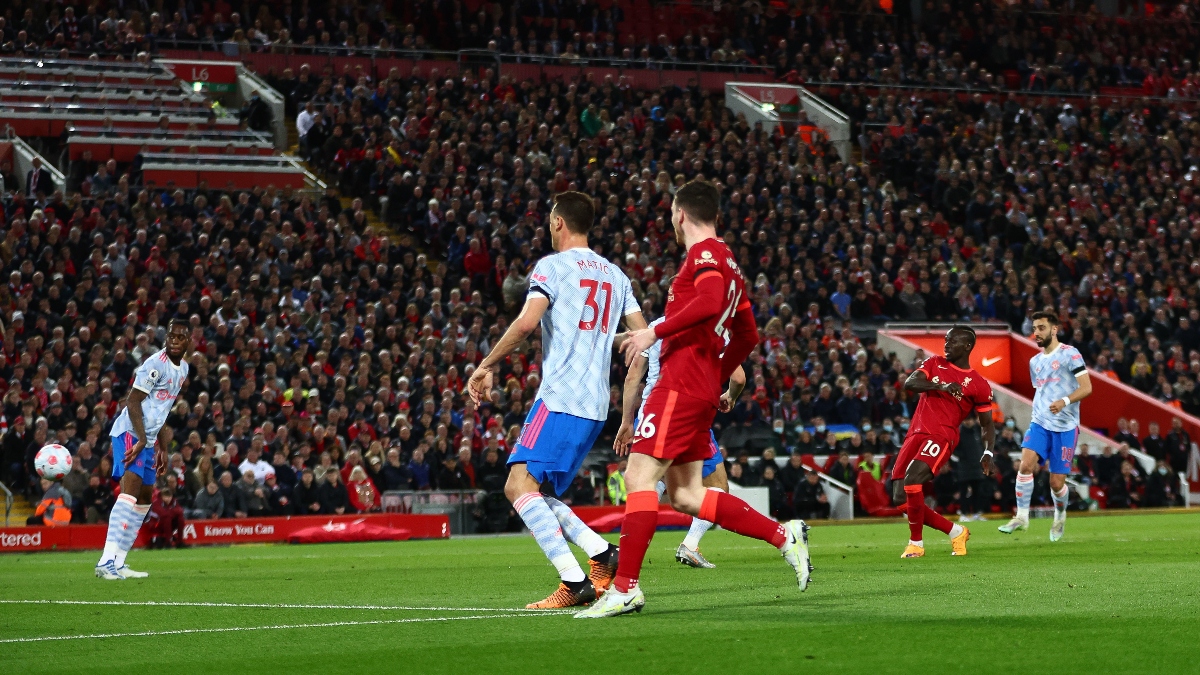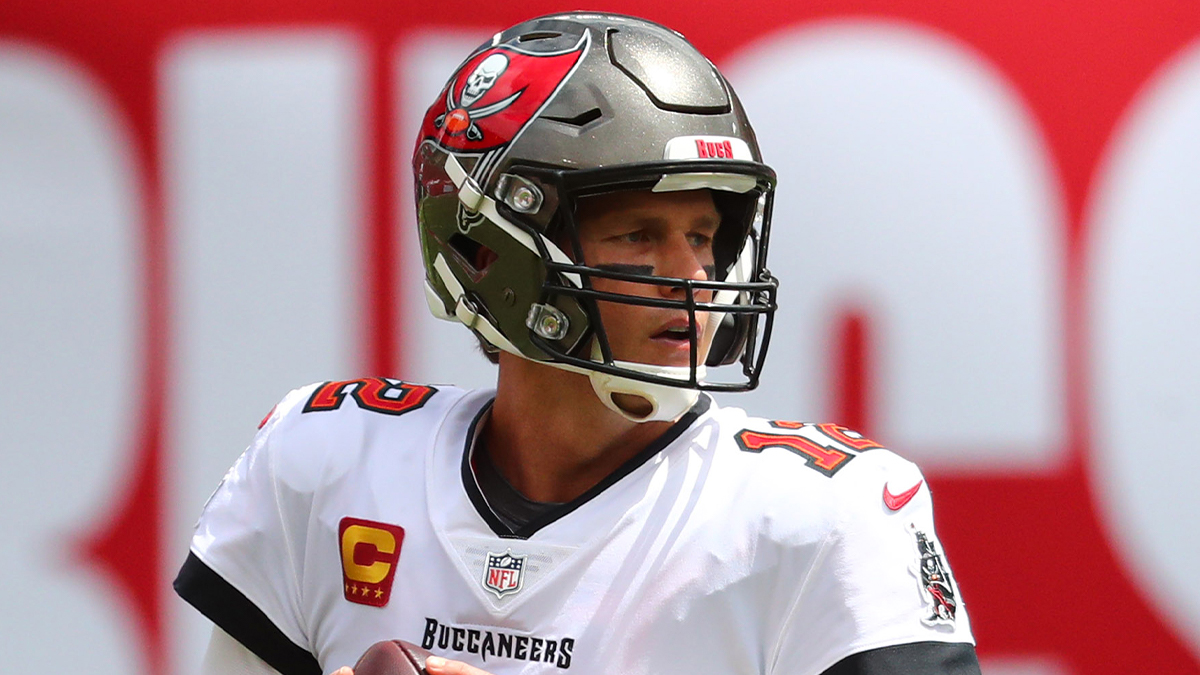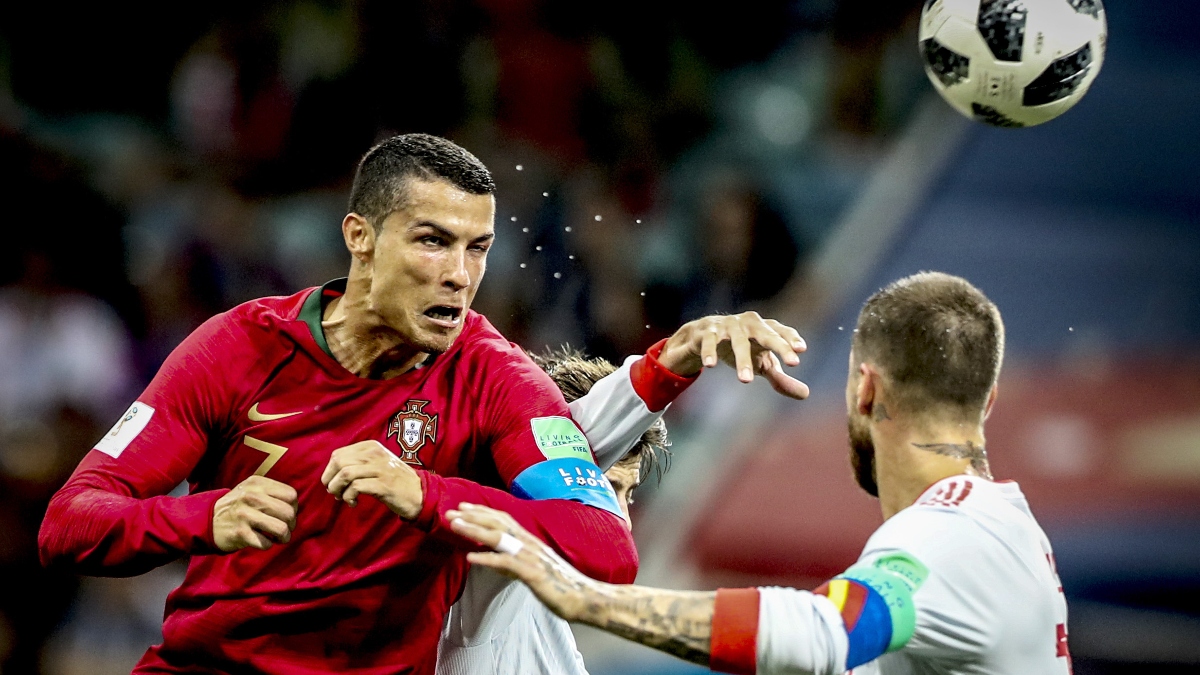For Sir Alex Ferguson, some of the biggest changes in top-level soccer have simplified things. But other shifts have tested the limits of his managerial ability.
The 70-year-old Scotsman has been involved in soccer management for 37 years, and Nov. 6 marked his 25th year in charge of Manchester United. He recently spoke to FIFA.com about some of the biggest changes he's seen in soccer.
The biggest among the "enormous" changes is the rise of player power. When he started out, there was no free agency in English soccer, and players often represented themselves. Nowadays, agents wield massive influence, using it to advance the causes of their clients (players, managers and staff). This has eroded the power of the clubs and their managers.
"To begin with, when I first started out … there were no agents," he said. "Imagine that! There was no freedom of contract either, so players were totally tied to their clubs.
"A change in that sense was inevitable, though I think that now the scales tipped completely in the other direction and I’m not sure it’s good for the game."
While Ferguson has had to live with losing total control over his players, he's seen clubs hire a growing number of people to assist managers in their jobs. Support staff focus on specific details, freeing up Ferguson's time and energy to focus on critical aspects of the job like man-management and team selection.
"And the other big change has been in sports science, which has progressed at an astonishing rate," Ferguson said. "For example, when I started out at Manchester United my entire coaching staff consisted of just eight people, and that included my assistant coaches, fitness trainers and scouts. Now I've got ten sport scientists! It's a radical change."
But one shift in top-flight soccer has sharpened Ferguson's managerial ability. The increased speed of play has increased the physical strain on players, leading to more injuries over the course of a long season.
"These days it's very, very hard to use the same players for every match," Ferguson noted. "The game’s so fast now that players suffer a lot more muscle fatigue and need more rest. You're talking about players who run 13 or 14 kilometers [over 8 miles] every game -– a lot more than in the past -– and you have to keep your whole squad in the best possible shape."
"That's also meant an equivalent increase in the risk of serious injuries. For example, 30 years ago we'd never see cruciate knee ligament injuries and now they're very common."
It is hard to predict what changes the next quarter century will bring to the game. But it's certain that Ferguson will guide United through the game's shifting tides for as long as his health and energy allows.
Have a question for Marcus Kwesi O'Mard? Send it to him via Twitter at @NESNsoccer, NESN Soccer's Facebook page or send it here. He will pick a few questions to answer every week for his mailbag.



